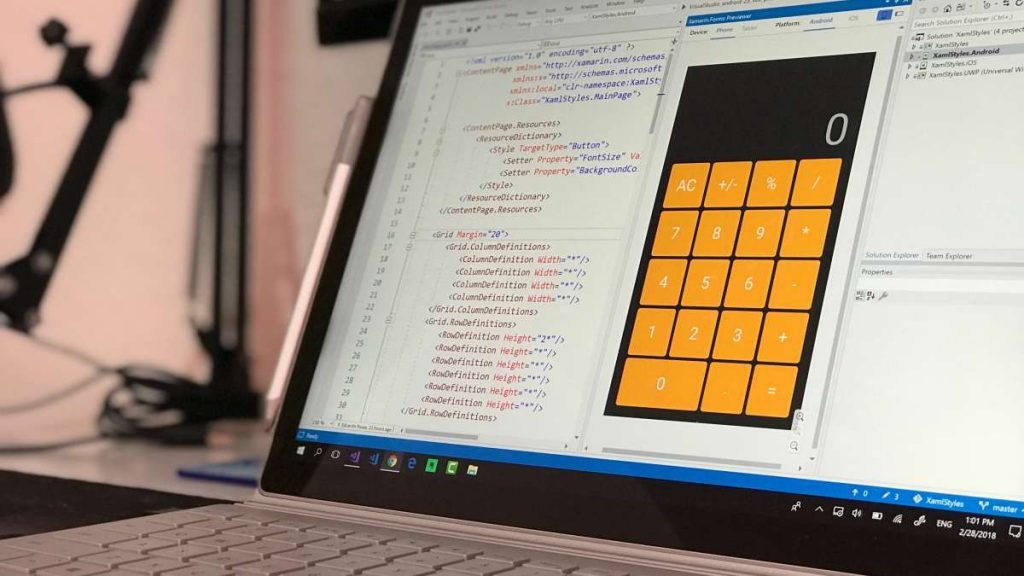Application development is a multistage process. One of the most popular questions asked by clients is “how fast can it be done?” Our custom mobile app developers are ready to help you find an answer to this age-old question.
How Long Does it Take to Develop Mobile Apps?
On average, it takes 4 to 6 months to create a mobile application. But in fact, the time spent working on a project is always different. The duration of work can depend on a number of factors, where the complexity of the project plays a decisive role.
In addition, it should be borne in mind that the development of a mobile application is a long-term step-by-step work. Every individual task takes a lot of time and effort. The most laborious processes are:
- developing a strategy for working on the project – can take 1-2 weeks;
- working on an application, its functional design, prototyping – can take anywhere from 2 to 4 months;
- app deployment to the mobile app store – up to 2 weeks;
- technical support and updates – needed continuously.
Promotion is also important. The development of a marketing campaign strategy alone can take several weeks to a month, not to mention that it needs to be constantly improved.
The above terms are not universally applicable. The development time for a mobile application is always calculated individually for each client.
How to Correctly Calculate the Time of Mobile Application Development?
Before starting to work on a unique mobile application, you need to develop a strategy. The final working time depends on how accurate and detailed this strategy will be. To make your time estimate as accurate as possible, use the following tips:
- Set precise goals. A clear understanding of what you expect from cooperation with the development company will help to set a clear task and more accurately calculate the time needed to complete it.
- Conduct an accurate time analysis. To do this, we recommend holding several meetings with the developers to ask them about the time and specifics of work. After discussing it, it is better to add 1-2 months to the estimation so that you have the time to eliminate possible errors or solve unforeseen issues.
- Make a detailed work plan. It is best to break the entire workflow into main stages first, and each of them into several smaller ones. Specify a time frame for each of the stages. This way you can keep track of the overall work schedule and control its implementation.
- Compare your predictions to the developer data. Some mobile application development companies offer online calculators that can help you estimate the development time on your own. However, this data is not always accurate, since it does not take into account possible difficulties, risks or unforeseen circumstances. It’s better to discuss everything with the development team.
When assessing the development time of a mobile application, you should always estimate for a slightly longer period to minimize possible risks.
Factors That May Affect the Mobile Application Development Schedule
Even the most accurate forecast and work schedule cannot always guarantee that the task will be completed on time. Most often, it is the following factors that slow down the work:
- insufficiently qualified developers who don’t have a clear understanding of the goal;
- unforeseen changes to the project;
- use of technologies that require special handling skills.
There is always a risk of falling behind the schedule. But you can always speed up your work on a mobile application. It will be aided by:
- creating a minimum viable product (MVP) that will only have the essential features;
- developing a detailed roadmap for the project;
- cooperating with experienced mobile application developers.
The custom mobile app developers at NIX can not only boast of successful cases of varying complexity, but also always guarantee that your project will be completed efficiently and without delays.

